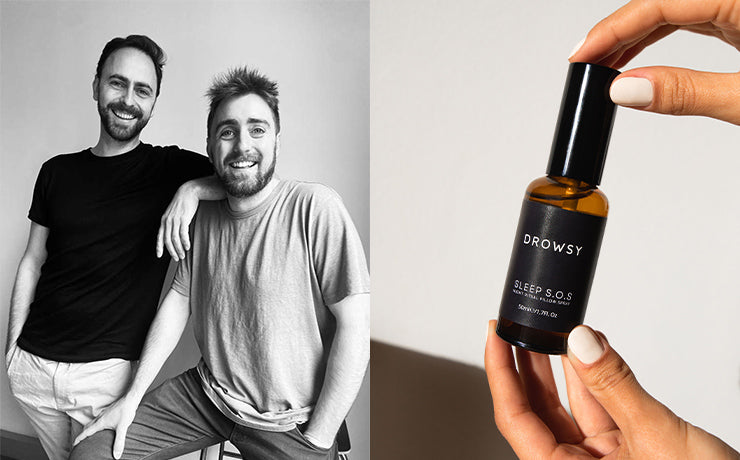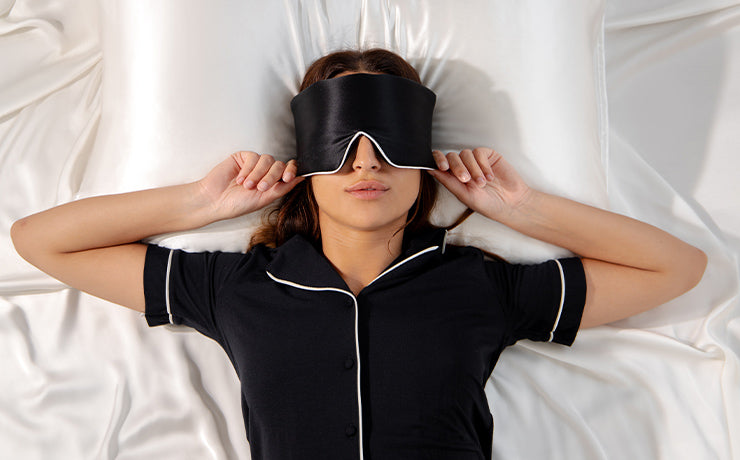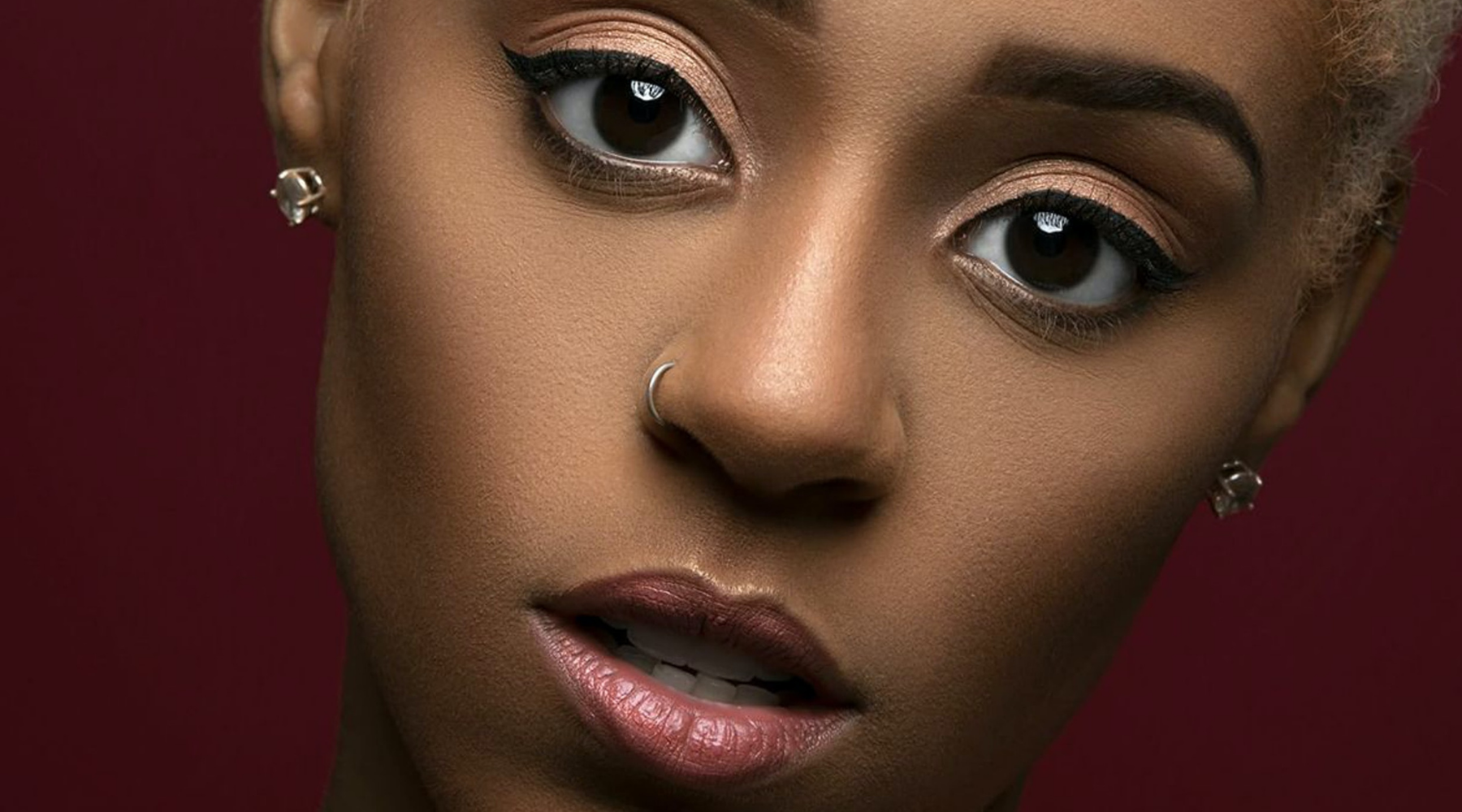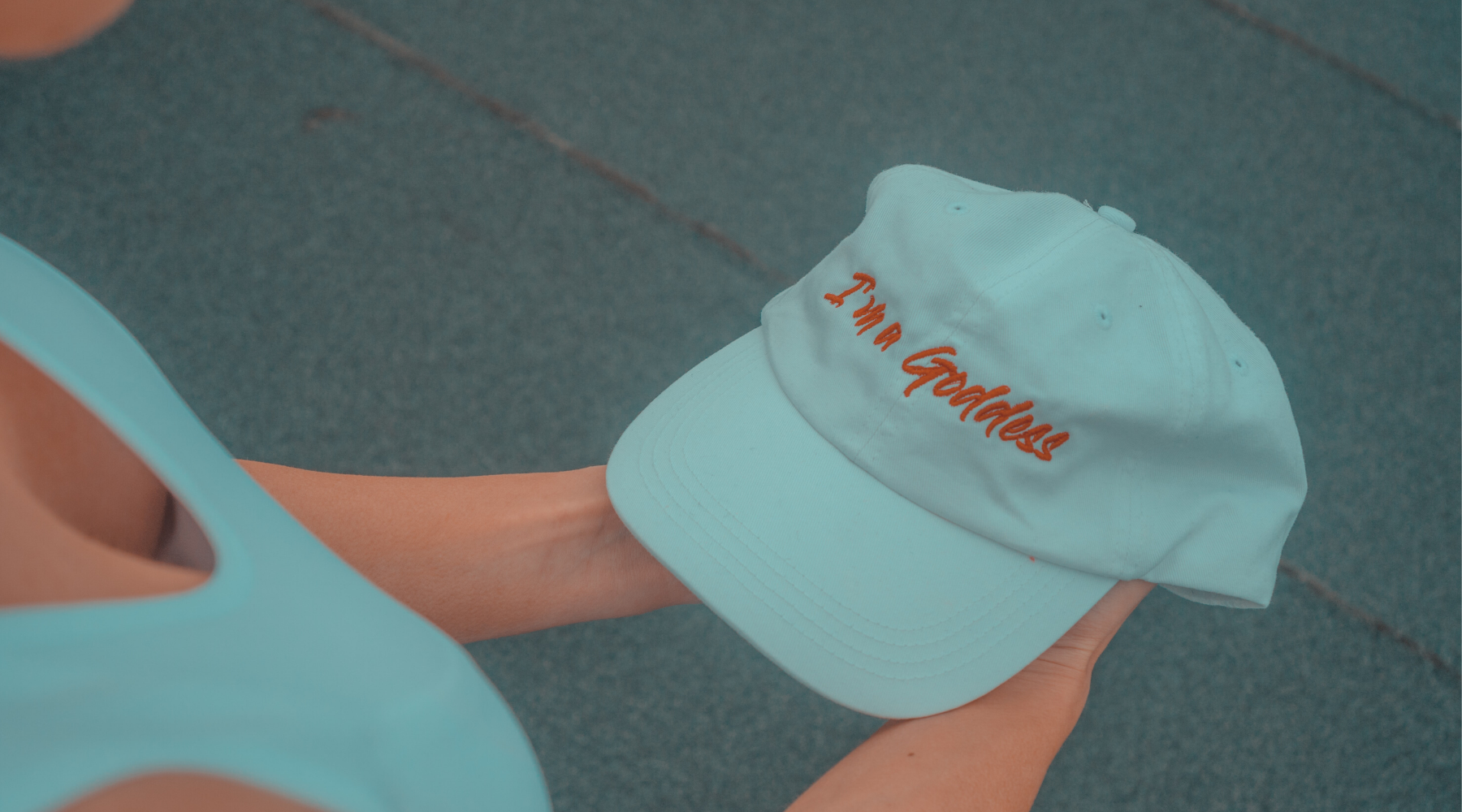Bad nights sleep? Blame the full moon!
I'd wager my upcoming summer vacation in the Maldives that you've been feeling unusually 'Drowsy' lately, haven't you?
-And it's not like I have psychic abilities, though they'd be quite useful!
Here's the reason I'm confidently not canceling my trip: On April 27th, we're set to experience a Super Moon.
-I suspect you're not entirely persuaded yet.
Most are familiar with REM, or rapid eye movement sleep, known as a lighter phase of sleep. However, there's also NREM (Non-rapid eye movement) sleep, which represents the deeper, more restorative stage.
During a full moon, studies show that electroencephalogram (EEG) activity, which assesses the depth of sleep, typically drops by about 30%, while the duration to fall asleep extends by approximately 5 minutes. Overall, this results in a decrease in sleep time by an estimated 20 minutes.
The consensus among scientists points to two primary factors:
- The pull of Lunar Gravity
- The enhanced brightness due to Increased Lunar Light
First up for discussion is Lunar Gravity – and yes, we’re about to dive into some technical details for a bit.
It's a given that Earth's gravity impacts us all. While the moon's gravitational force is less potent, its influence still reaches us from 384,400 km away. Its elliptical orbit around Earth means that its gravitational pull intensifies as it draws nearer during the lunar month (every 14.75 days).
The theory posited by some scholars is that the lunar cycle, lasting about 29.5 days and intertwined with lunar gravity, could heighten human sensitivity to light exposure, whether it be from the moon itself or from artificial sources, especially in the days preceding a full moon.
Every participant in the study experienced identical alterations in sleep patterns coinciding with the lunar cycle, prompting researchers to attribute these changes to lunar gravity, albeit without definitive proof.
Given our inherent sensitivity to light, it's also hypothesized that lunar illumination plays a significant role in sleep disruption during a full moon.
Both natural and artificial sources of light can dampen the production of melatonin, a crucial hormone for sleep, suggesting that the bright glow of the moon might naturally disrupt our sleep, leading to poorer rest during its fullest phase.
Every human possesses an internal timekeeper, known scientifically as the 'circadian rhythm' – this is our biological clock ticking away on a 24-hour cycle.
Light, in its essence, is a primary activator of our brain's alertness. Imagine, without the guiding hand of our circadian rhythms, humanity might have evolved to roam under the moonlight!
Despite extensive studies, the precise factor – light exposure or gravitational pull – responsible for our shortening by 20 minutes of nightly rest remains unidentified. However, the prevailing theory leans towards light being the main disruptor.
Are you still with me?
Full moons occur when the moon positions itself directly opposite the sun, casting sunlight across its surface, revealing deeper significances beyond the apparent.
Such times offer unparalleled moments for introspection and self-nurturance. This cycle features the Aries sun in opposition to the Libra moon, a conjunction deeply tied to Chiron & Venus, prompting an acknowledgment of relational grievances and personal trials. Let the burgeoning passion from your choices envelop you. The Libra full moon beckons a journey toward self-reliance and purging of negative forces. Now is the moment to prioritize your wellbeing. Heighten and mend your aura through the practices of spiritual self-care.
I trust that the approaching super moon will bring you tranquility and, even more crucially, a more profound slumber.
With that said, I believe I've made a strong case to retain my spa vacation.
Now, I turn to you. What's your take? Is it the light or the lunar gravity affecting your sleep during a full moon? Indeed, both present compelling arguments for the sleep disturbances experienced during such nights.






